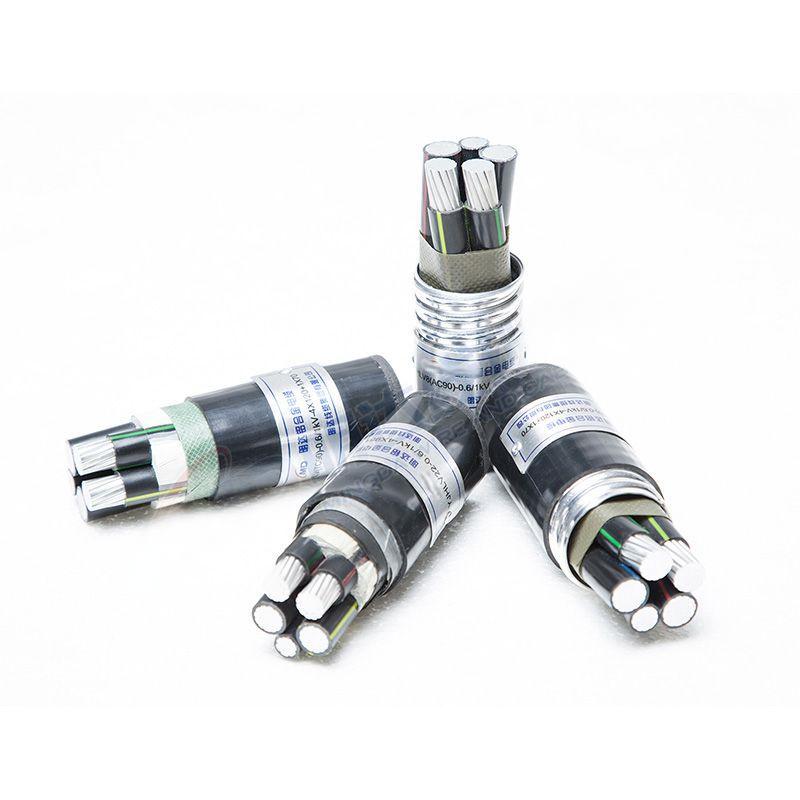Nov . 21, 2024 16:12 Back to list
threaded ball valve
Threaded Ball Valve Understanding Its Importance in Fluid Control
In the realm of fluid control systems, the threaded ball valve is a pivotal component that provides effective regulation of flow. Its simple yet ingenious design enables it to manage the flow of liquids and gases with remarkable efficiency. The threaded ball valve is commonly used in various applications, from industrial operations to residential plumbing. Understanding its features, benefits, and applications can provide insight into why it remains a staple in the engineering and plumbing sectors.
What is a Threaded Ball Valve?
A threaded ball valve consists of a spherical body with a hole (or port) in the middle. This sphere serves as the valve mechanism and rotates within the valve body to control fluid flow. When the valve is fully open, the hole aligns with the flow direction, allowing fluid to pass freely. Conversely, when the valve is closed, the solid part of the sphere blocks the passage, stopping the flow. The threaded aspect refers to the threaded connections at both ends of the valve, allowing for easy installation and removal in piping systems.
Advantages of Threaded Ball Valves
1. Durability Threaded ball valves are made from various materials, including brass, stainless steel, and PVC, ensuring durability and resistance to corrosion and wear. This makes them suitable for both high-pressure environments and aggressive fluids.
2. Ease of Use The design of the ball valve allows for quick actuation. A quarter turn is all that is needed to switch from open to closed, enabling fast response in critical situations.
3. Minimal Pressure Drop Due to their design, threaded ball valves offer minimal obstruction to flow when opened. This characteristic helps maintain pressure within the system and contributes to energy efficiency.
threaded ball valve

4. Leak-proof Seal Many threaded ball valves come equipped with high-quality seals that prevent leaks, ensuring that the system operates safely and efficiently.
5. Versatility These valves are available in various sizes and configurations, making them suitable for a wide range of applications, from low-flow systems to larger industrial operations.
Applications of Threaded Ball Valves
Threaded ball valves find their application in numerous sectors, including
- Water and Wastewater Management Used in water supply systems to control the flow in pipes, ensuring efficient distribution and treatment. - Oil and Gas Industry Essential in managing the flow of crude oil, natural gas, and various by-products in pipelines and refineries. - Heating Systems Commonly used in HVAC (Heating, Ventilation, and Air Conditioning) systems to regulate water flow in heating installations. - Manufacturing and Process Industries Employed in production lines to control the flow of materials, whether it be liquids, gases, or slurries.
Conclusion
The threaded ball valve is an indispensable tool in fluid control applications. Its durability, ease of use, and ability to maintain pressure while providing a leak-proof seal make it a popular choice across multiple industries. As technology advances, the design and capabilities of threaded ball valves continue to evolve, further enhancing their efficiency and reliability. Whether in a home plumbing system or a large-scale industrial application, the threaded ball valve remains a cornerstone of fluid management solutions. Understanding its importance can help industries make informed decisions about fluid control systems, ultimately leading to enhanced safety and efficiency.
Share
-
Reliable Wafer Type Butterfly Valves for Every IndustryNewsJul.25,2025
-
Reliable Flow Control Begins with the Right Ball Check ValveNewsJul.25,2025
-
Precision Flow Control Starts with Quality ValvesNewsJul.25,2025
-
Industrial Flow Control ReliabilityNewsJul.25,2025
-
Engineered for Efficiency Gate Valves That Power Industrial PerformanceNewsJul.25,2025
-
Empowering Infrastructure Through Quality ManufacturingNewsJul.25,2025